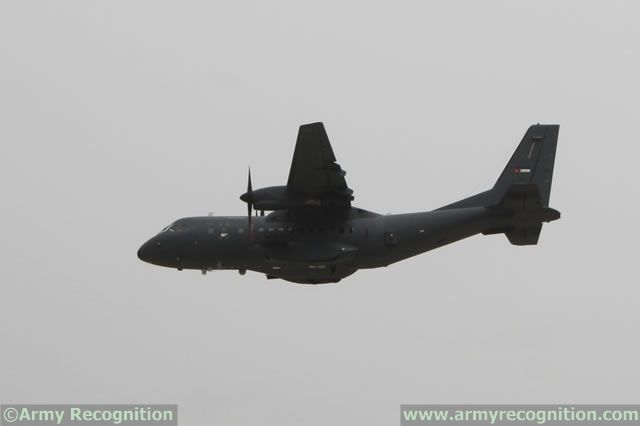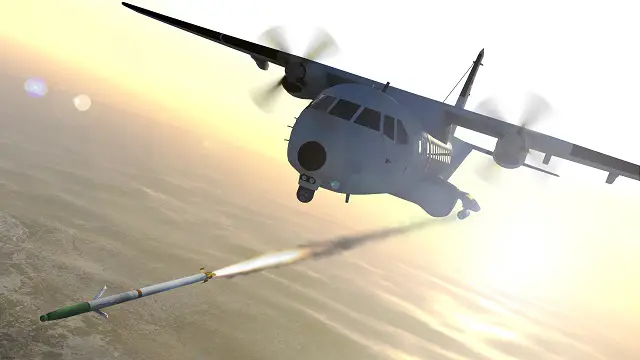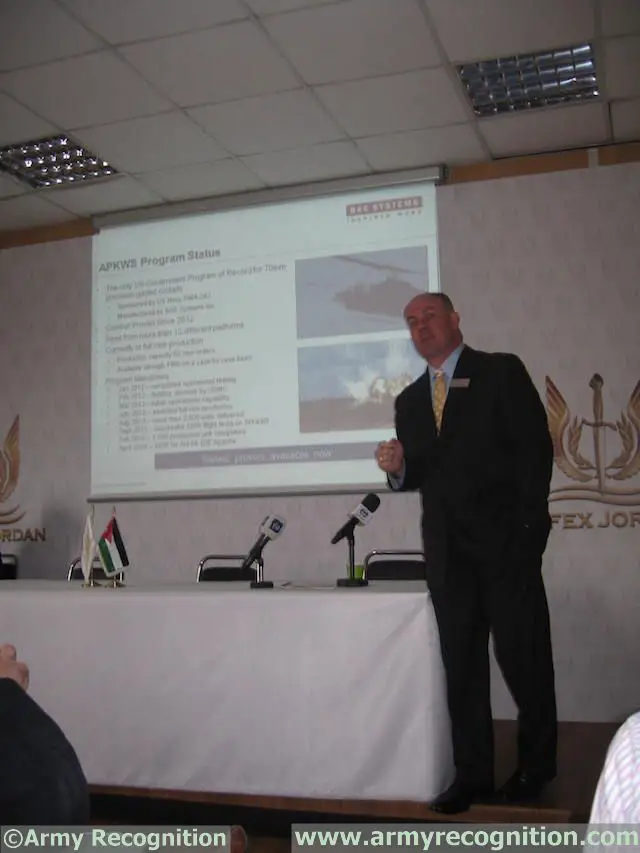Breaking news
SOFEX 2014: BAE Systems David Harold on the APKWS contract with Jordan.
| a | |||
 |
|||
SOFEX
2014 The Special Operations Forces Exhibition & Conference Amman, Jordan 6 - 8 May 2014 |
|||
| BAE
Systems at SOFEX 2014
|
|||
|
|||
| SOFEX 2014: BAE Systems’ David Harold on the APKWS contract with Jordan | |||
By
Stylianos Kanavakis BAE Systems has been showcasing its APKWS which has recently been procured by the Jordanian Armed Forces through an FMS contract with the US Navy. David Harold, the Director of BAE Systems Precision Guidance Solutions, provided an extensive outlook of the APKWS programme and its advantages. Being developed by the US Navy, the laser-guided rocket is currently available only through Foreign Military Sales. |
|||
 Jordanian Special Forces Aviation Unit AC-235 light gunship at SOFEX 2014 |
|||
 BAE System's Advanced Precision Kill Weapon System will be fitted to the Jordanian Special Forces Aviation Unit AC-235 light gunships. Picture BAE Systems |
|||
The Jordanian Armed Forces will profit from the system’s
high accuracy and very high success rate. Under a 5.5 million dollars
contract, BAE Systems will provide an undisclosed number of rockets
along with the engineering work required on the aircrafts. The next
step will be to conclude the necessary fire testing of the rockets from
the platform but the timeframe has not been made known yet. Nevertheless,
the company will continue the production of missiles in order to be
ready to meet the customer’s requirements. |
|||
 David Harold, the Director of BAE Systems Precision Guidance Solutions, at SOFEX 2014 |
|||
The DASALS (Distributed Aperture Semi-Active Laser Seeker)
provides 40 degrees of instantaneous field of regard for a large viewing
area, which combined with the long-range allows for the engagement of
moving and stationary targets. In addition, the engineers have protected
the optics of the rocket from sand, adjacent fire and moisture, prior
to launch, by placing them in the middle of the body. |
|||



















